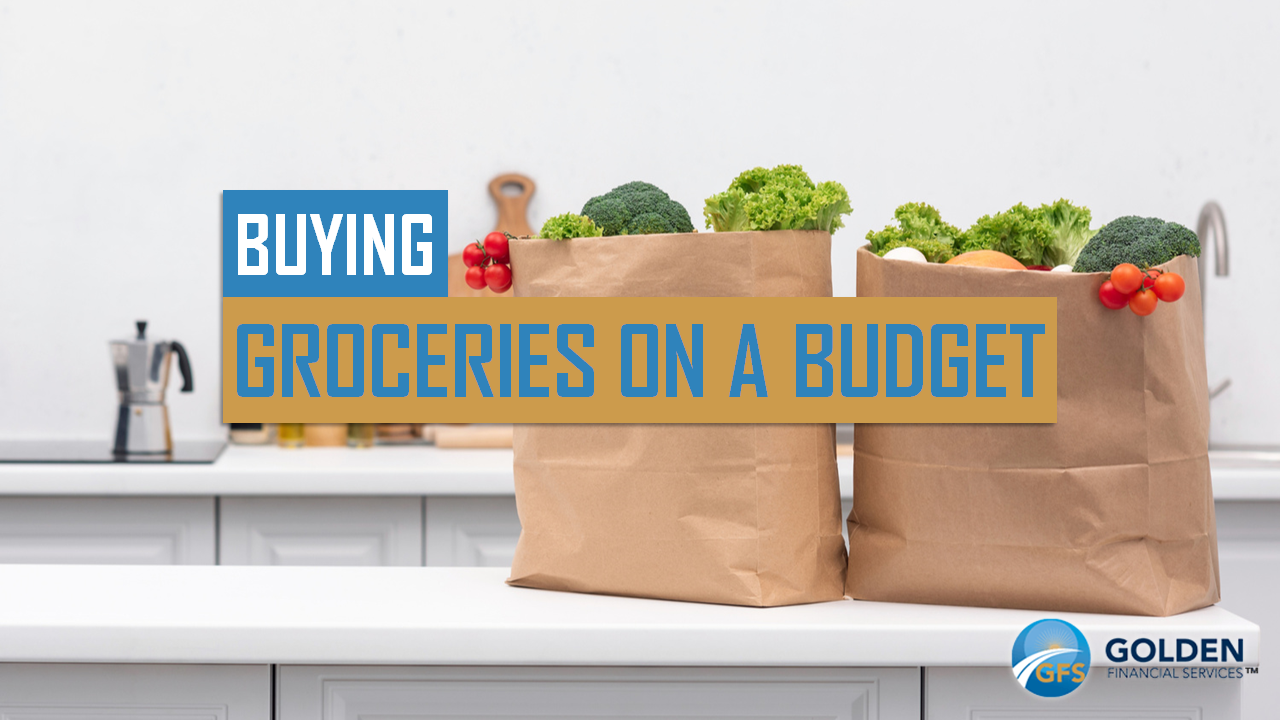How to Save Money on Groceries
Saving money on groceries isn’t an exact science, but there are pros out there shopping for a family of 6 that can make it out of the store with everything they needed, just under their budget. Did you catch that? They went in with a budget and hit that mark. This is the most important tip of all – calculate your budget, and know exactly what you can spend before ever entering the grocery store.
This is especially important if you are attempting to pay off a high amount of debt, and if you plan to use the debt snowball payment method to get back on your feet. Just remember: Shopping for groceries is a significant piece in monthly spending, but it isn’t the whole story. Make sure you are saving money on other money expenses as well. That said, here are some helpers for when you are marching down the aisle with a finite monthly budget in mind.
What to buy at the Dollar Store or Dollar Tree
- Here’s one of the best ways to save on household kitchen items: Household kitchen items are the perfect target for shopping at Dollar Store or Dollar Tree. These items are heavily marked up at most grocery stores as a form of charging a fee for the convenience. However, the dollar stores will have spatulas, pots and pans, napkins, cups and plates, and many other things – even toilet paper! Saving on these items is literally saving you $25-$30 each time you make a grocery run.
- Skip the brand names. Especially on things like paper towels, and canned fruits and vegetables. Green beans at dollar stores will taste just like the ones at grocery stores, and canned vegetables have a long shelf life. The mark-ups on name-brand veggies at the store is what pays for their commercials to find you!
- Stay away from prepared foods. Foods such as fruits, wraps, and salads that are individually packaged and ready to go will be significantly more expensive than their ingredients sold separately. Consider buying raw ingredients from the dollar store, and spend the 5 or 10 minutes preparing your meal instead of paying to have it pre-packaged. This is also considerably better for the environment because you aren’t throwing away single-use plastics!

Avoiding impulse purchases at the grocery store
- Don’t go to the grocery store hungry! It’s a saying for a reason. Your eyes are trained by your brain to be attracted to bright colors and things that look appetizing. Cravings can cause you to blow through your budget in a matter of minutes. Seriously, do you really need that extra-large jar of peanut butter? Make sure to eat a few snacks before you head in to avoid having to throw away food (and your money!) later.
- Stay away from the inner aisles. As HuffPost notes, “Grocery stores are strategically designed to place essential ingredients, such as dairy and produce, on opposite ends of the store. This forces most shoppers to pass through all the aisles, often times picking up items they don’t need. Try to skip the middle aisles of the store and stick to only the items you need.”
- Stick to a meal plan. This one can be tedious, but it can also be fun if you are into finding recipes for new food items that match your nutritional needs. Focusing on ingredients rather than comfort or junk food and pre-packaged foods is where the real money is saved. DaveRamsey.com details it like this: “Once you decide what you’ll make for breakfasts, lunches and dinners, write out each ingredient needed for those meals—plus a few snacks, of course. Try to use ingredients you already have on hand before you think about the other ingredients you need to shop for.”

Repeatable methods for saving money on groceries
- As we mentioned above, plan a budget first. Say you plugged your monthly expenses in, and with all other bills accounted for, you have $800 per month available for anything else. You should budget at least half of this toward surviving aka buying food, so $400 per month is $100 per week in groceries. There you go! Now you have a target walking into the store.
- Create a pantry checklist, mark it off before you leave the house. From EveryDollar.com: “As you’re plotting what you’ll be preparing, check your kitchen. Are there meatballs in the freezer, noodles in the pantry and salad in the fridge? You’re just sauce and garlic bread away from an easy American-Italian night. Build what you’ll cook on the foundation of what you already have.”
- Clip and click coupons. To be clear – yes, paper coupons are still a thing, and there’s something to learn from your parents or your grandparents about cutting offers out of the papers. However, digital coupons can be used on your mobile device, and the cashier can scan them directly off your phone! Have a favorite grocery store closest to home? Look at their website before you head out, and screenshot their coupons so you can save on your favorite items!
How to save money on groceries without coupons
- Find the markdown items section, and plan to eat those before they expire. Most stores have this section because the mark-ups on their items are high enough that they can reduce prices and still make a profit. No coupons needed as the labels are usually applied over the originals. If you aren’t a super picky eater, this is an excellent option.
- Avoid specialty or seasonal items. Around every holiday stores will place decorations and food and drink items near the front of the store. There is a significant difference between getting into the holidays, and going overboard. One carton of egg nog won’t break the bank, but maybe skip on the little Christmas trees they place next to it.
- Outside the box, but avoid binge eating! This indirectly costs you more money. When you are bored, try reading a book, going outside for a 10-minute break, or go cold-turkey on avoiding snacks. This is essentially eating money because there’s nothing better to do. Don’t do it!
____________________________
Check out some related posts:
Using IRA Funds to Pay Off Credit Card, Mortgage, Student Loan Debt
If you found our blog looking for financial advice or assistance with credit card debt relief or debt consolidation, call Golden Financial Services today at (866)-376-9846 or info@goldenfs.org. You can check out the rest of our blog here, and do your research on our services here. Let’s talk soon!


